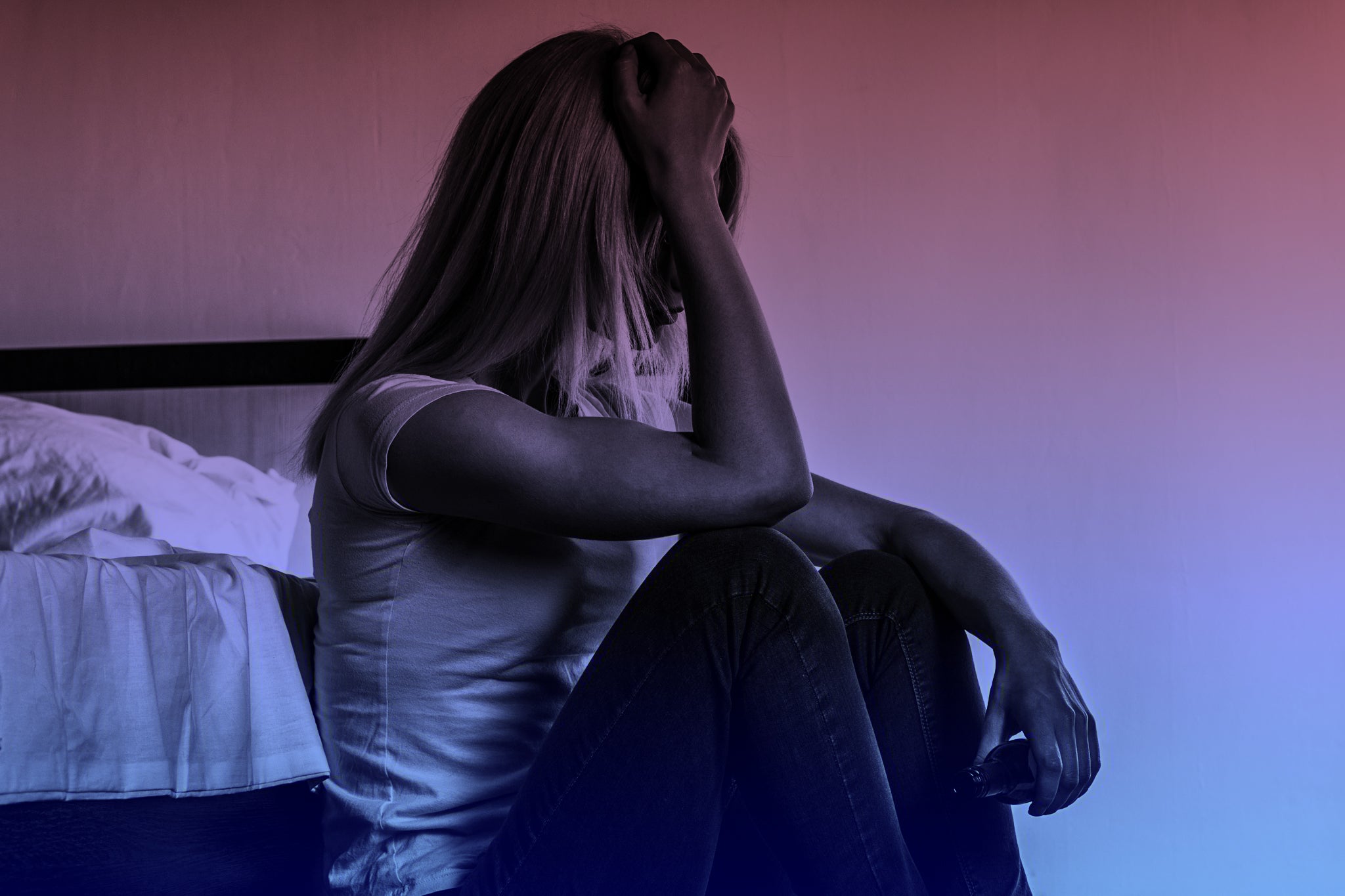Abuse thrives in the dark corners of unmonitored wards and bedrooms – we must throw harsh light on hospitals
Editorial: Each NHS trust should be required to report and publish on at least an annual basis an independently audited account of the number of allegations made against it, actions taken, and outcomes achieved

Such is the nature of the crimes, we may never know the true extent of the sexual abuse of vulnerable people in mental health hospitals. But collaborative investigations by The Independent and Sky News do go some way to tracing the extent of the scandal – and it is far wider than previously supposed.
Recently, an exposé by The Independent revealed that there had been almost 20,000 allegations of sexual assault and harassment on mental health wards in the past five years. Now we can add to that grim, almost unimaginable scale of callousness and human misery a further 4,000 such cases – which have been reported by patients and staff in private hospitals. Given that many of the victims are in a poor position to press their complaints, and the usual institutional instinct is to ignore, deny, and then cover up such incidents, it may be safely assumed that this total of 24,000 or so incidents is an underestimate – and quite possibly a grievous one.
The allegations, of which there are so many, seem well corroborated. The clinical negligence firm Leigh Day, a major player in the field, has said that across the cases it sees, NHS trusts are negligent – not only of those in their care, but towards their statutory duties under the European Convention of Human Rights (which would require them to ensure allegations of sexual harm are “coherently investigated”).
The firm said it has seen many cases where perpetrators have been permitted to remain in the hospital – sometimes working in the same ward – after a patient has made an allegation.
Fortunately, there is at least one figure in public life who is taking this scandal seriously. The victims’ commissioner, Baroness Helen Newlove, who was appointed last October, is obligated to speak out and force the authorities responsible to account for their actions – or lack thereof. She has demanded that the NHS and private care providers tackle the “systemic failures” that have enabled this dangerously permissive and complacent culture to develop. The baroness is also overseeing the progress of the Victims and Prisoners Bill, which should strengthen access to advocacy for those who are left in the “care” of the state or private agencies.
It is long overdue – and though it represents progress, legislative action can only be effective if it shifts institutional culture.
Thus, matters of training and discipline in mental health facilities also need constant attention. One of the great benefits of the slow transformation in societal attitudes to mental health in recent years has been some increase in dedicated resources, and a greater willingness to seek help. However, that has also added to the pressures on the system, even with some more money being made available. As with so many other areas of clinical care, money cannot immediately summon up more doctors or beds.
One thing that doesn’t require more finance is a renewed focus on care and the right attitude to patients. Of course, mental health wards can be challenging, even dangerous places to work, and staff can become blase about conditions. That is all the more reason for an NHS trust manager to ensure that standards don’t slip and attitudes don’t slide into dehumanisation of those who are there through no fault of their own.
Baroness Newlove accuses the NHS of an “indifference” towards victims, and complains about “the apparent culture of not believing victims, and the seeming lack of any forthcoming support.”
As the commissioner states: “Very serious questions must be asked of hospital leaders, and NHS England must explain why so few trusts have taken appropriate action to ensure the safety and wellbeing of patients and staff.”
Indeed so, and each trust should be required to report and publish on at least an annual basis an independently audited account of the number of allegations made against it, actions taken, and outcomes achieved.
It might be seen to be unnecessary bureaucracy, but the truth is that abuse thrives in the dark corners of unmonitored wards and bedrooms, and the best treatment for that is the harsh light of public media scrutiny – as The Independent and Sky News project amply demonstrates.



Join our commenting forum
Join thought-provoking conversations, follow other Independent readers and see their replies
Comments